What is inventory management?
Inventory management involves controlling your supply chain so that you can provide your customers with the service they need quickly and easily without wasting time and resources. Service based businesses rely on effective inventory management techniques to save money while consistently having the parts and supplies they need to ensure that jobs get done in a timely manner. Inventory management is a balance that involves anticipating demand and keeping track of how many units you have in stock.
Why is inventory management important?
Inventory management is important to HVAC businesses for two key reasons: reputation and finances. Having excess inventory can result in wasted products that will not end up getting used, however not having products in stock can result in lost jobs. Inventory management helps business owners understand where they make the most money. Having an accurate list of what products sell out and which ones sit on the shelf untouched can help you refine your services.
Tips for effective inventory management
Determine accurate min and max levels
Determine the minimum and maximum units of inventory you want to have available at all times. These levels determine appropriate benchmarks for ordering more product and preventing you from over-ordering.
Research past purchasing patterns to determine good min and max levels for each product. Calculate how much it costs to store unsold inventory to decide if you can afford to have a higher level with less frequently used items or a lower level with regular jobs.
Track your truck and warehouse inventory
Use bar code scanning, like SimpleStock, to keep track of where your inventory is and how many units are available. Create a cycle counting schedule where employees take a count of various products and compare that number to your inventory records. This helps account for human error and catch discrepancies before they impact sales and storage costs.
Tracking inventory can also help you make sure that you are using the best practice of “first in, first out” or FIFO. FIFO means that the first products to go on the shelves of your warehouse should be the first ones shipped out. HVAC business’s benefit from the FIFO method because it prevents a unit from becoming outdated.
Predict change
Forecast changes in demand by analyzing sales trends for your business and economic patterns. Predicting increases or decreases in demand can help you capture all available customers without over-purchasing. Analyze how upcoming contracts and new marketing initiatives could impact the need for inventory, then prepare for those changes by adjusting your ordering levels. Forecasting helps you prepare for busy times of year, such as Summer and Winter months.
Automate with software tools
While small businesses may be able to use a simple spreadsheet to track inventory, growing businesses need technology that can keep up with a many moving parts. SimpleStock is a FREE inventory management solution available to East Coast Metal Distributor’s customers that can help with inventory counts.
Back up your data
Develop a backup plan to protect your inventory information. Losing inventory data could be highly disruptive to your business and cause you to lose money and miss-order inventory. Regularly make copies of your inventory reports and back them up in multiple other digital or physical locations. SimpleStock keeps track of your data, so you don’t have to. Easily pull consumption reports that tracks date, quantity, price, employee, purchase order number and job name.
Ready for an inventory management solution for your HVAC business? SimpleStock may be the solution for you. It’s your 24/7 inventory assistant that helps manage your truck and/or warehouse stock to free up time and improve your bottom line. Book a free demo with East Coast Metal Distributor’s to learn more.


